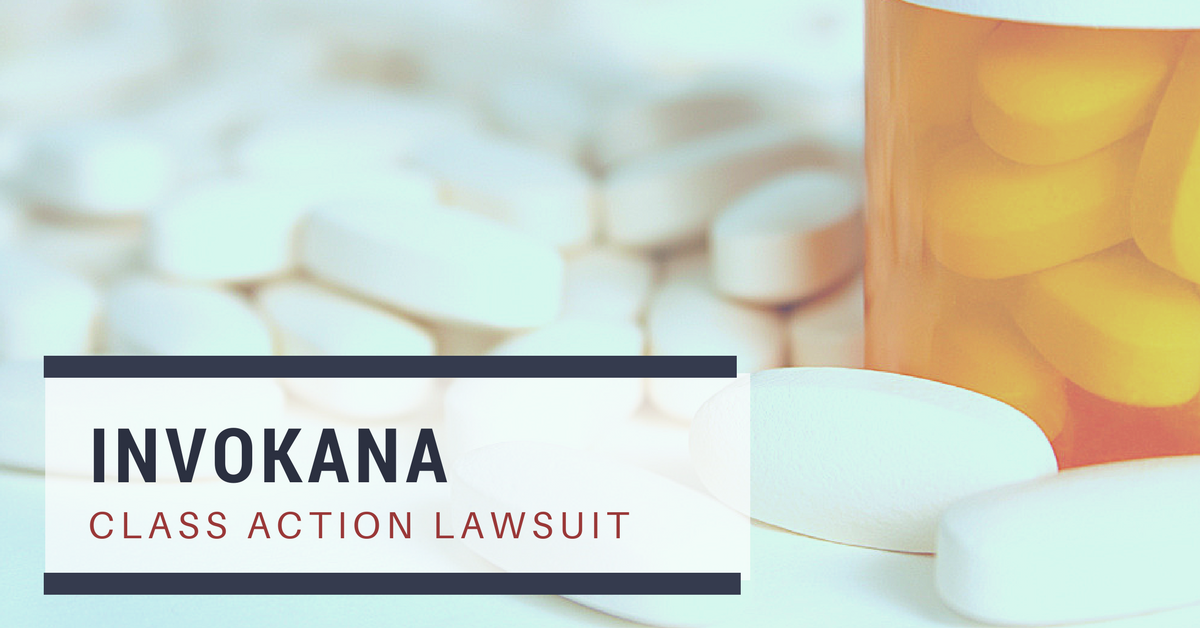According to recent updates from the U.S. District Court for the District of New Jersey, lawsuit trials for Invokana are slated to start in September of this year.
If you or someone you love has suffered side effects, e.g. an amputation, kidney damage, and/or ketoacidosis from diabetes drug Invokana, contact the Invokana attorneys at the Mindiola Law Firm to discuss your legal rights now.
What are the Known Side Effects of Taking Invokana?
Some patients who were prescribed Invokana or Invokamet (canagliflozin) for their diabetes saw severe or fatal side effects, such as:
- Lower body amputation. Diabetes may cause some individuals to experience poor circulation, peripheral arterial disease, and/or nerve damage. Some diabetic individuals may require a partial or total amputation. An FDA study showed that patients taking Invokana needed foot or leg amputations about twice as often as others taking a placebo.
- Diabetic ketoacidosis. Some diabetics experience a life-threatening complication when higher levels of ketones, a type of blood acid, enter the bloodstream. Diabetic ketoacidosis is a health emergency: it may cause brain swelling, dehydration, coma, or death.
- Acute pancreatitis. Patients using Invokana may experience a sudden pancreatic inflammation. The pancreas produces hormones in the body, including insulin. Medical researchers note that acute pancreatitis can lead to many additional health problems for the patient, including death.
- Kidney failure. FDA reports (2016) show that Invokana patients have a much higher risk of renal failure, or severe kidney damage. It may be necessary for these patients to undergo dialysis treatments and/or hospitalization. Invokana patients with existing kidney disease are at even higher risk when using it.
- Heart disease. Invokana patients are also a higher risk of cardiovascular problems. Eight out of 15 panelists on the FDA approval board voice concerns over cardiovascular risks of this drug.
In addition, Invokana patients experience the following additional side effects, including:
- Fatigue
- Abdominal pain or tenderness
- Bone fractures
- Allergic reactions
- Constipation
- Falls
- Dehydration
- Hyperkalemia, or higher than normal levels of potassium in the body
- Increased cholesterol
- Hypersensitivity reactions
- Increased urination
- Low blood sugar
- Kidney problems
- Nausea
- Low blood pressure
- Urinary tract infections (UTIs)
- Vaginal itching
- Urinary discomfort
Why Are Some Patients Filing Invokana Lawsuits?
According to the Johnson & Johnson Q3 report, more than 1,100 people have filed Invokana lawsuits.
Although many reviewers initially believed that SGLT2 drugs would significantly improve the quality of life for T2 diabetics, it soon became clear that Invokana and similar drugs have hidden dangers that require label warnings and additional study.
More people taking Invokana are becoming ill or, in some instances, passing away.
Today, patients are filing claims that allege Janssen should’ve told patients about the risks of taking Invokana.
CANVAS/CANVAS-R studies (referenced by the FDA) state that Janssen should’ve taken greater care to warn physicians and consumers about Invokana risks.
Unfortunately, Johnson & Johnson’s subsidiary continued to advertise Invokana as safe for people with diabetes. It was even promoted for additional “off-label” uses, e.g. treating overweight or obesity, reducing blood pressure, or improving cardiovascular function.
Invokana legal claims state that many patients wouldn’t have used Invokana if they’d been told about the higher risks of amputation. Because Janssen and Johnson & Johnson didn’t offer proper warnings, patients couldn’t make informed decisions about whether Invokana was right for them.
Other legal complaints focus on other serious Invokana side effects, e.g. ketoacidosis, serious UTIs, bone fractures and/or kidney (renal) failure.
Do Invokana Patients Claim Mental and Physical Suffering?
Yes.
Those experiencing severe Invokana side effects claim that taking the drug created more pain and suffering—in addition to the manufacturer’s warnings and/or marketing materials.
While the level of suffering may differ between patients, e.g. ketoacidosis, renal disease, or amputation, Invokana is the common link that created or exacerbated the patients’ conditions.
Some patients claim that, in addition to physical ailments and pain caused by taking Invokana, they suffered mental suffering as well.
For instance, a patient suffering an amputation may experience a range of psychological ailments, e.g. depression, post-traumatic stress disorder (PTSD) or phantom limb syndrome. These patients’ mental health conditions were directly attributable to taking Invokana.
Do Invokana Patients Seek to Recover Medical Costs?
Yes.
Along with seeking recovery for patients’ mental and physical suffering, those filing Invokana claims seek to recover medical bills and related costs, e.g. hospitalization, surgical procedures, post-op care, and future medical needs (travel to specialists, lodging costs, and expenses that aren’t covered by the patients’ insurance).
Patients or heirs filing Invokana lawsuits may include costs the victims wouldn’t have paid. For instance, a patient who passed away from the complications of Invokana may leave loved ones. Family members may seek burial and/or funeral expenses plus lost earnings the loved one may have earned in the future.
Contact our experienced bad drug legal team to discuss your case now.
Do I Need to Contact an Invokana Lawyer?
Yes.
Doing so can help you to:
- Assess your case. A free case evaluation helps to determine the strength of your case. It also prepares you for what to expect if you file an Invokana lawsuit.
- Fight back against a bad drug company. Corporate pharmaceutical companies such as Johnson & Johnson keep highly paid and skilled attorneys who devote their time towards fighting legal claims lodged against their products. Engaging an Invokana lawyer allows you to fight back—and provides you with the best opportunity to receive compensation.
If you or someone you love suffered a toe, foot, or leg amputation because you took Invokana, you may be eligible to receive compensation.
For a completely free case evaluation, contact the drug lawyers at the Mindiola Law Firm now.


